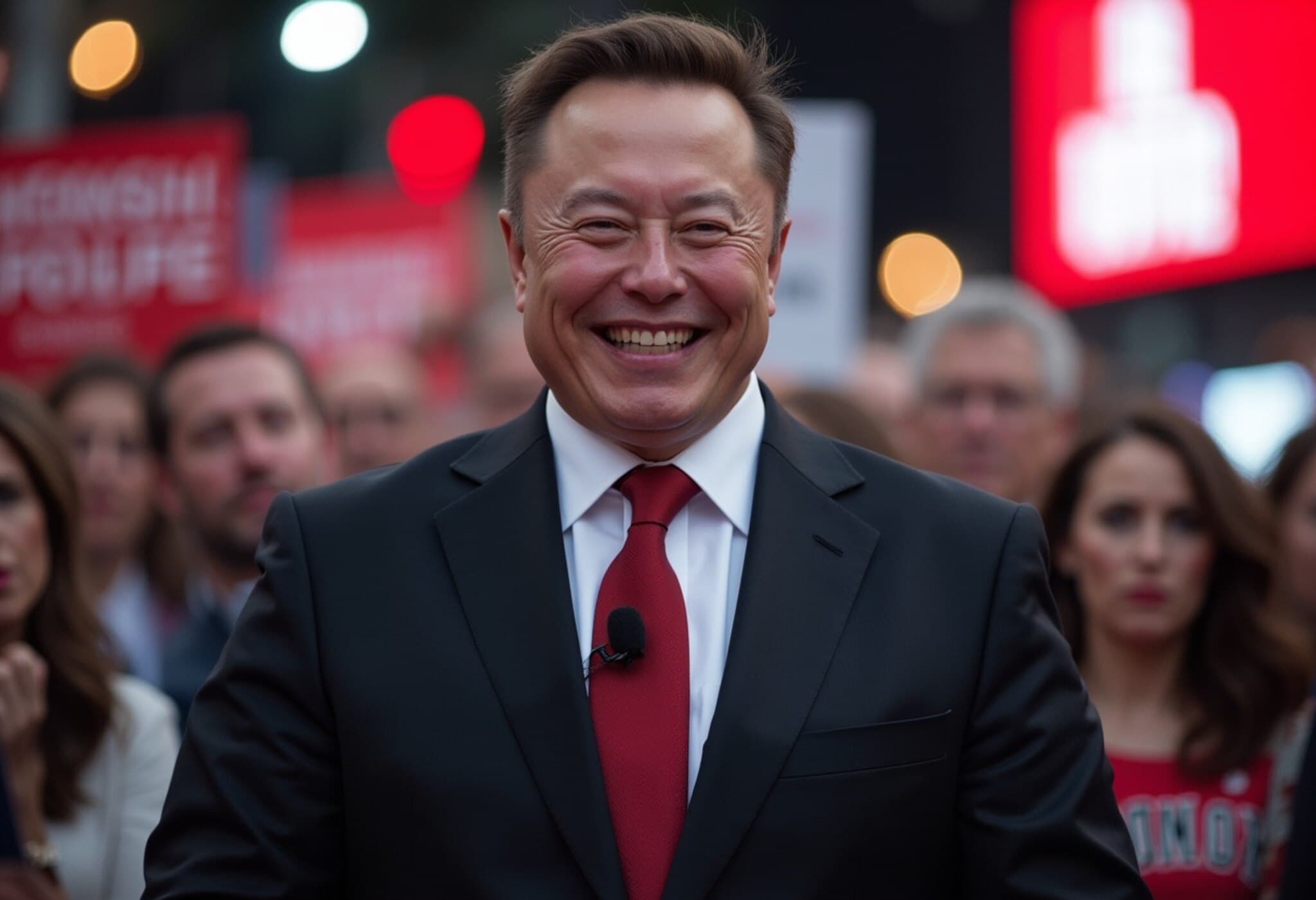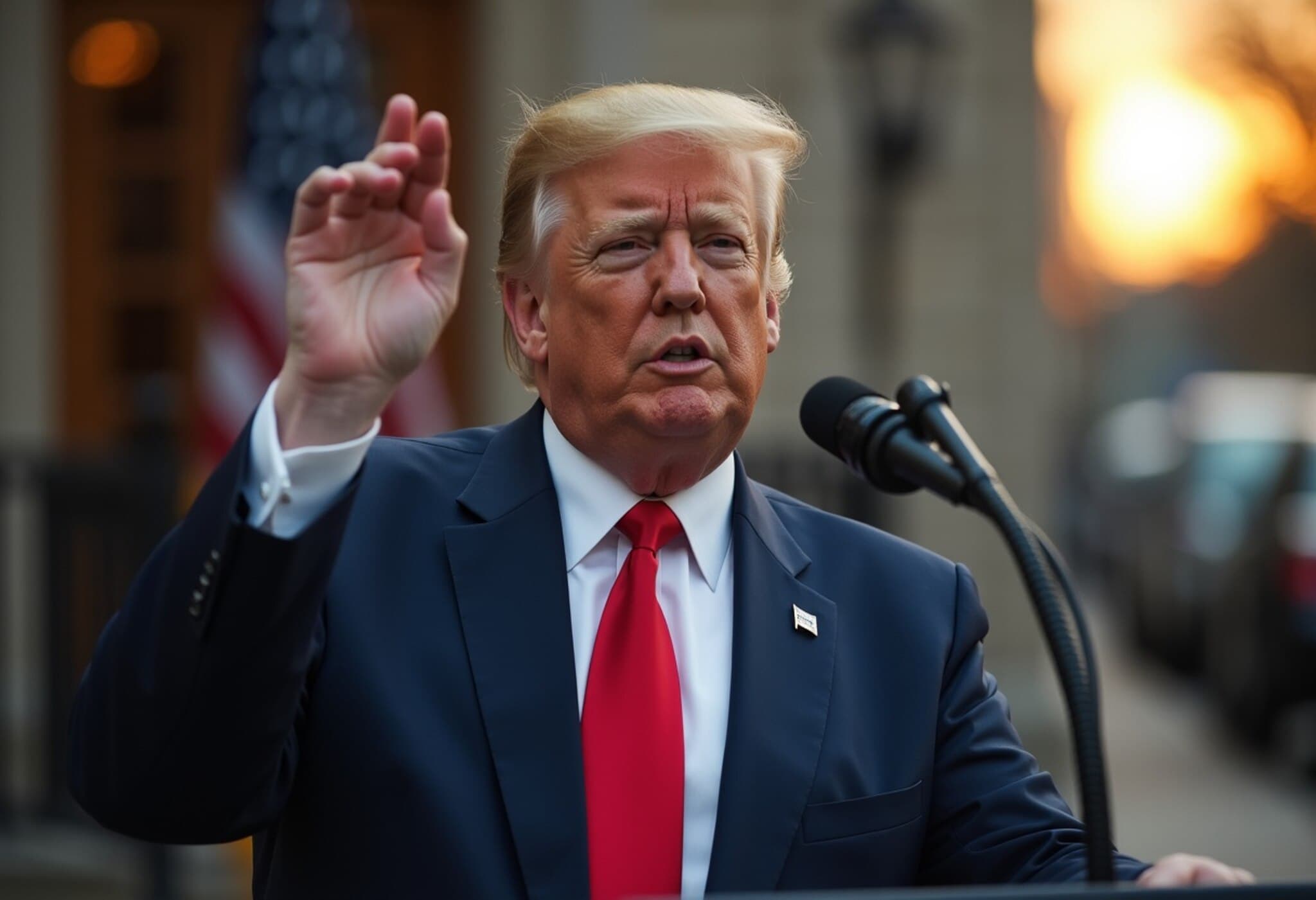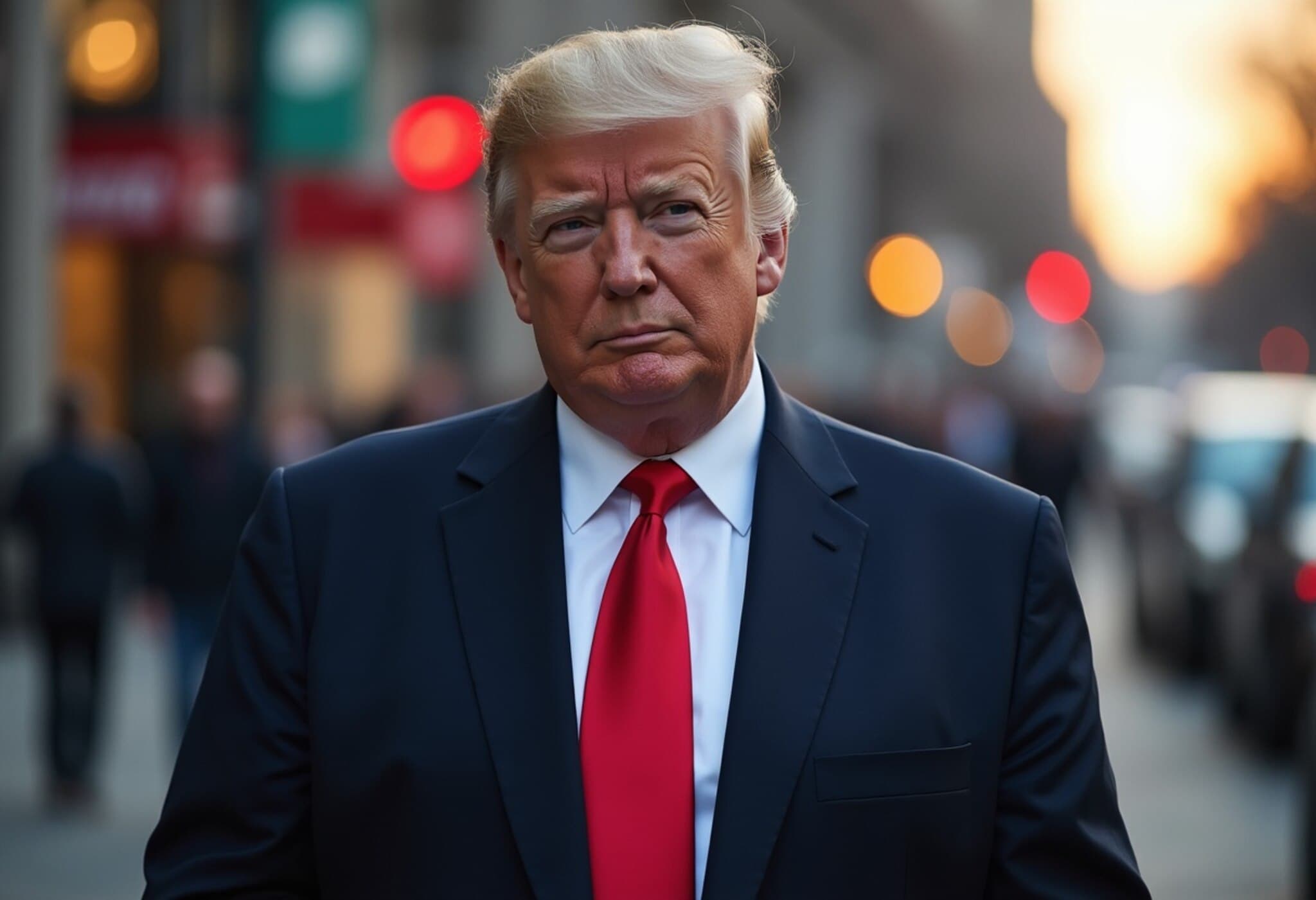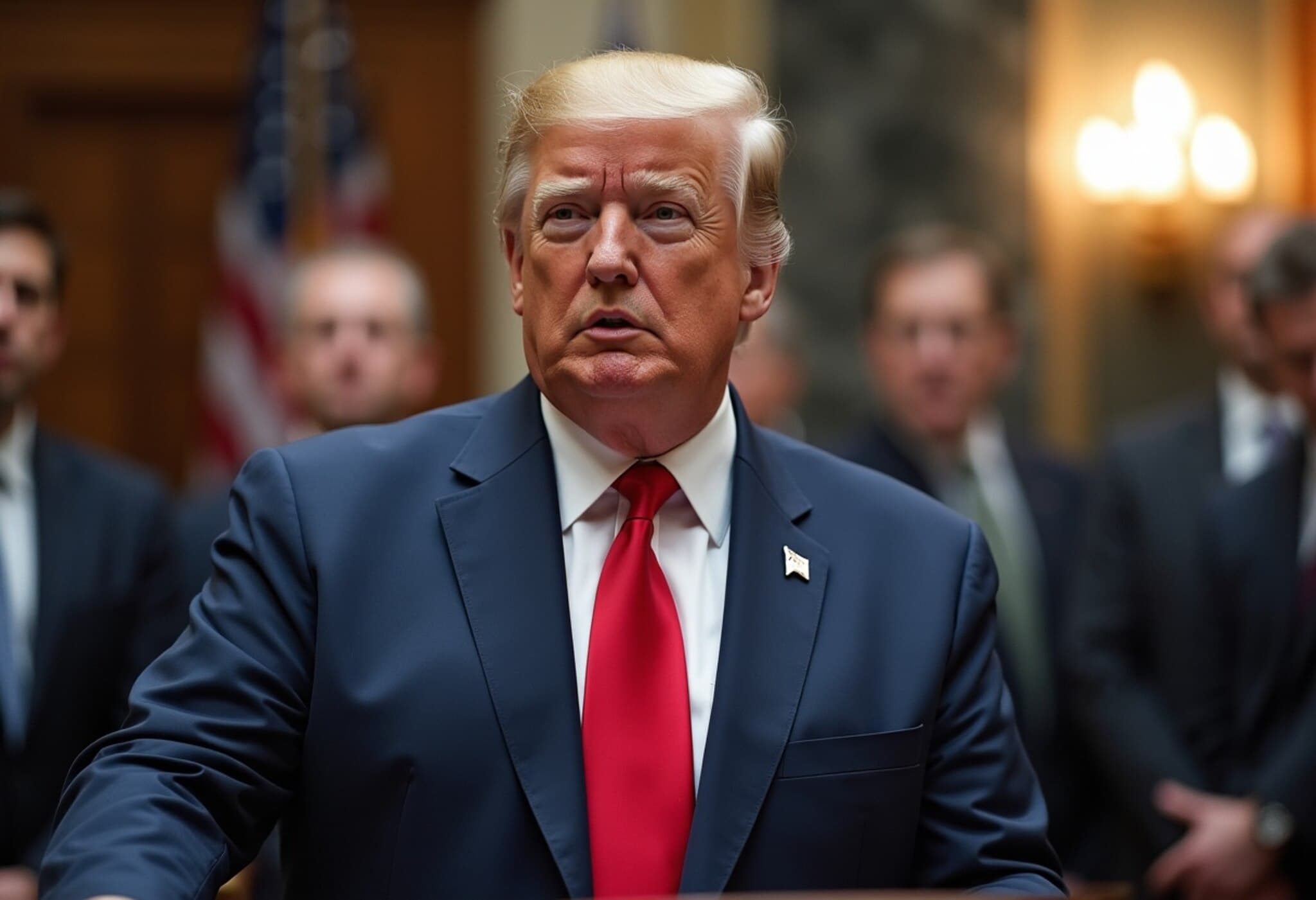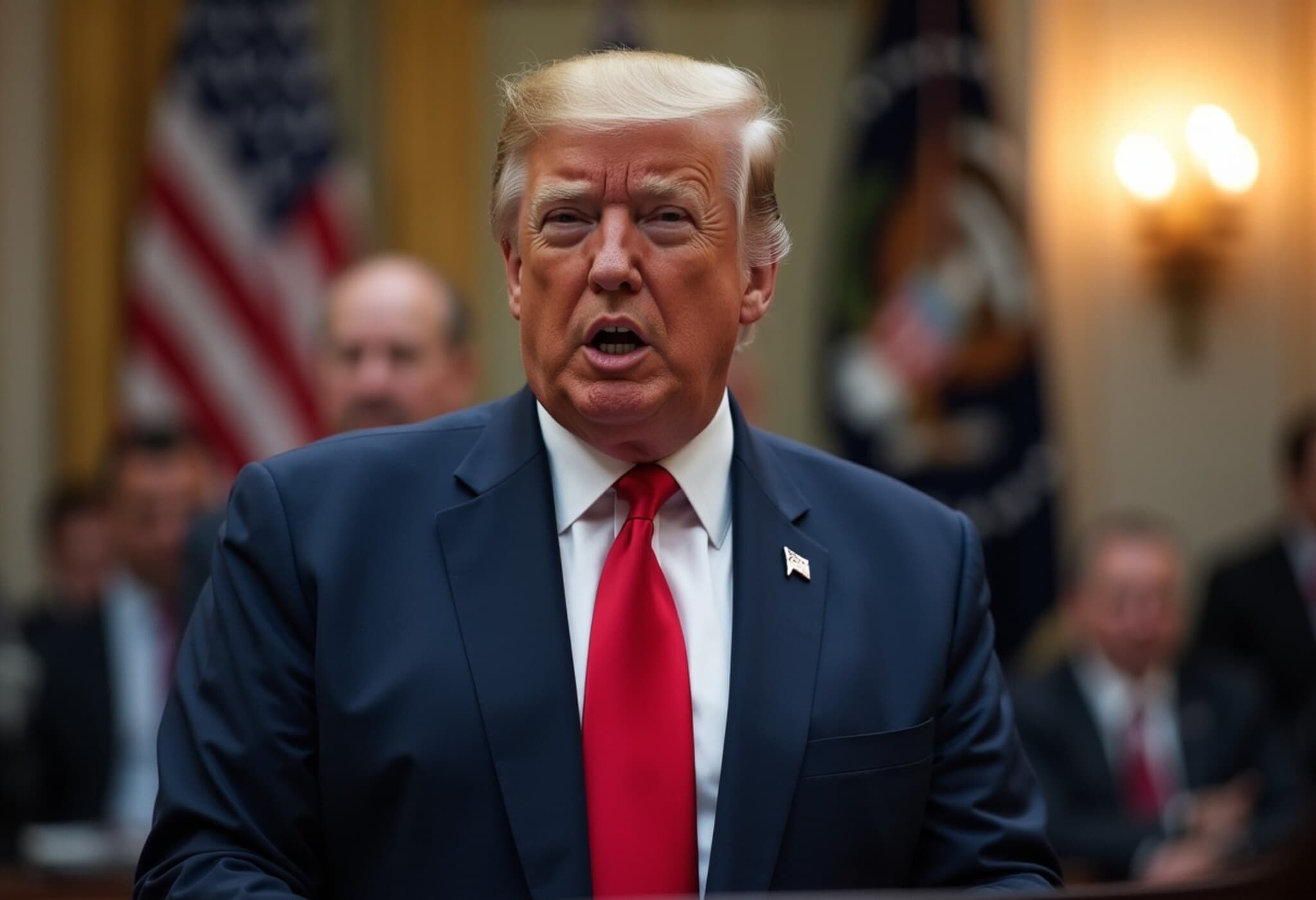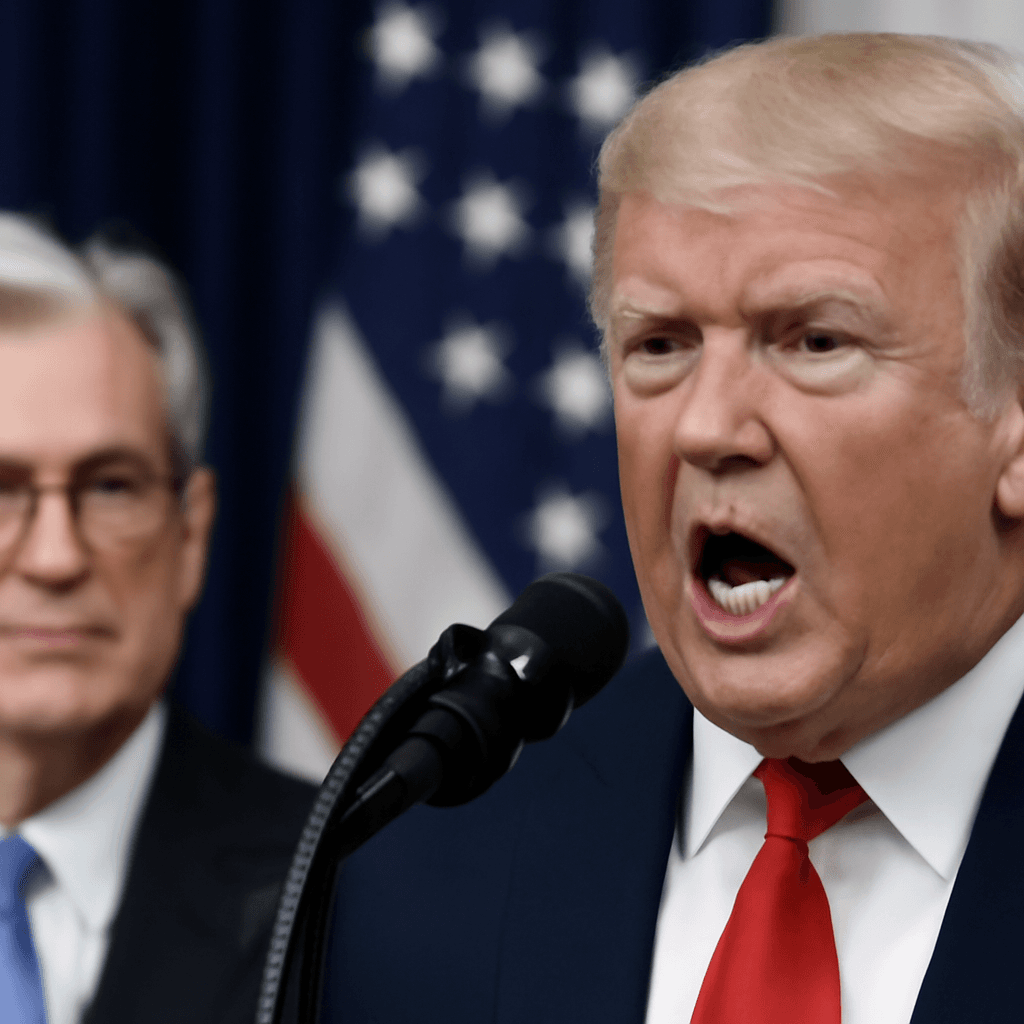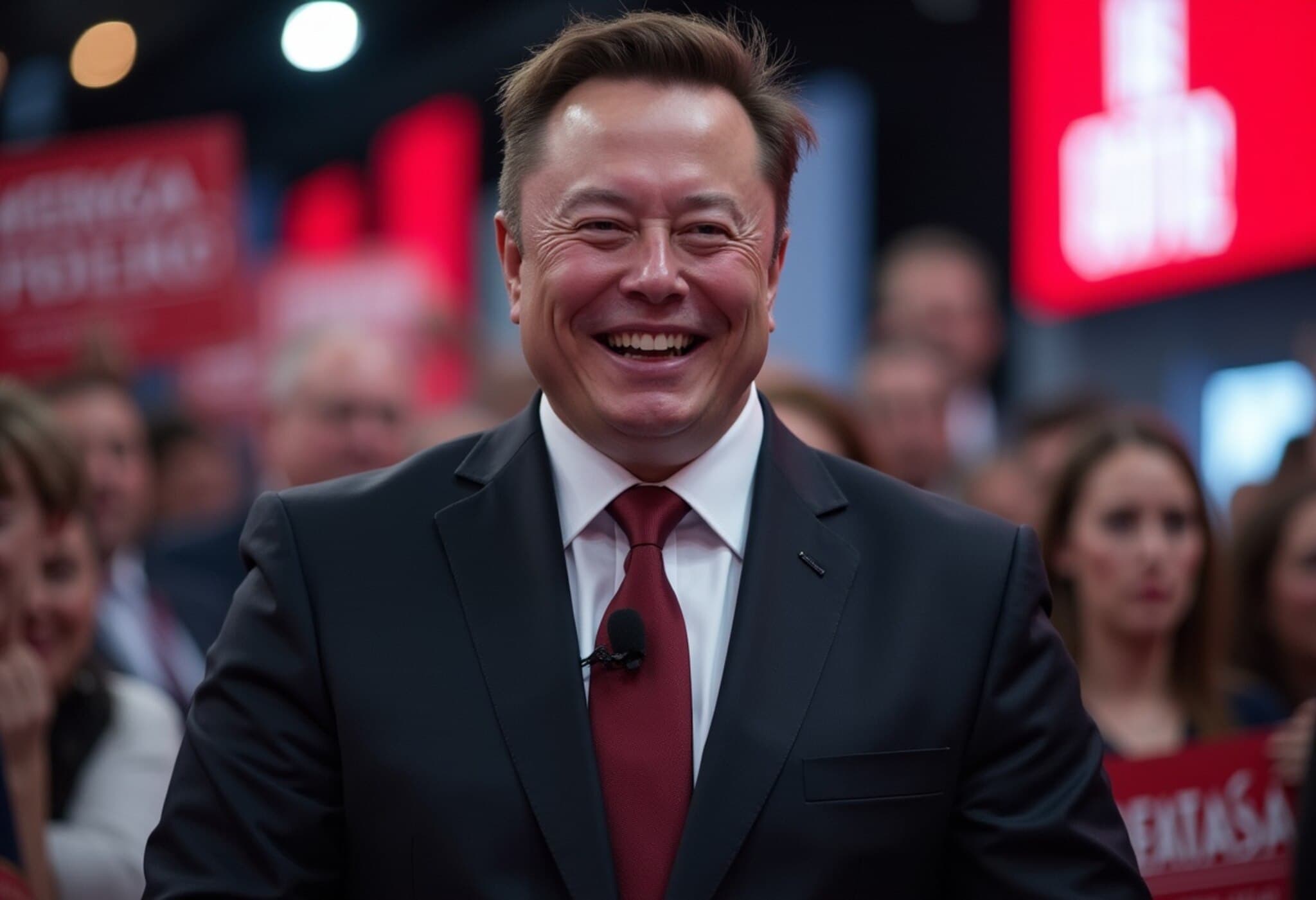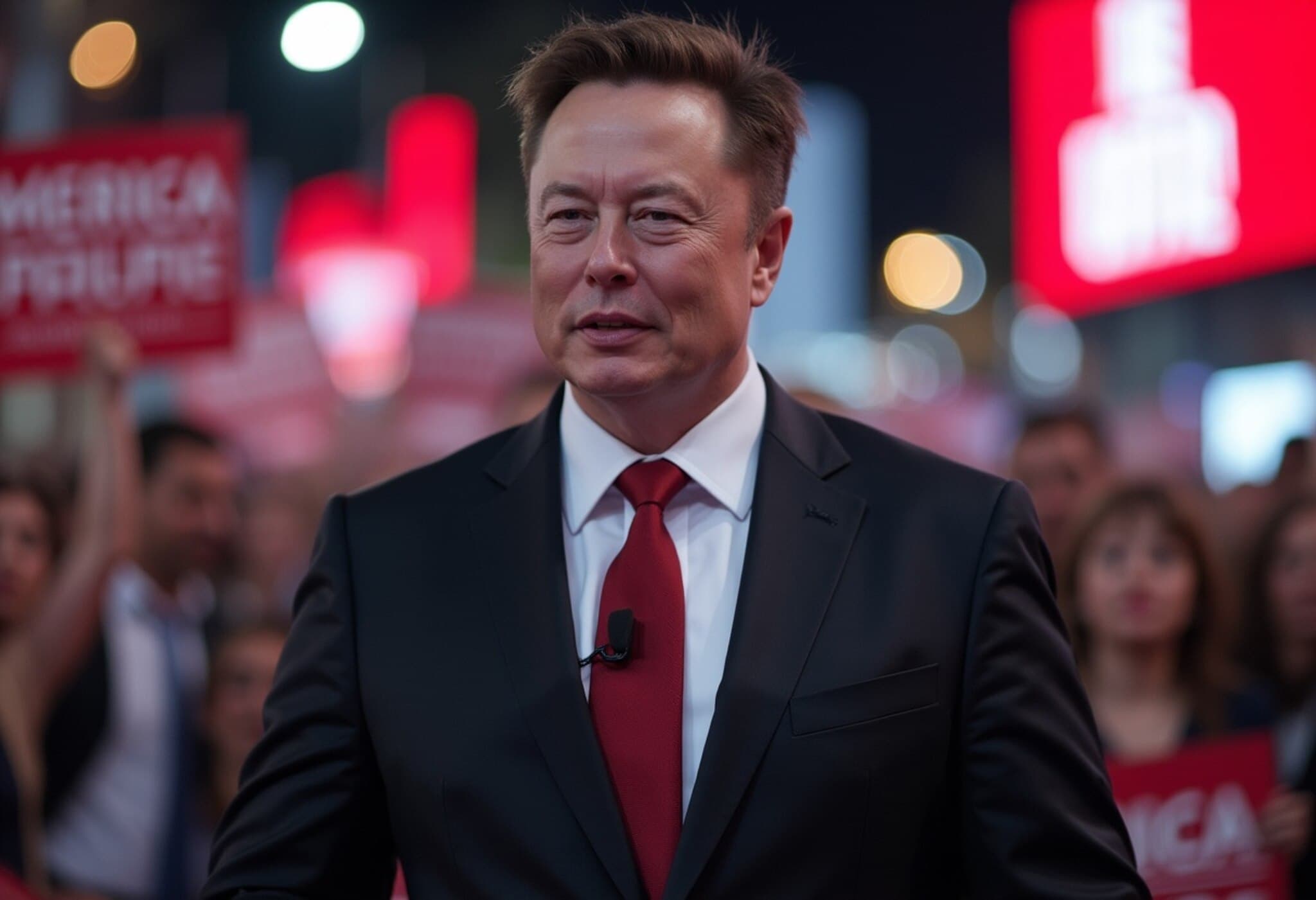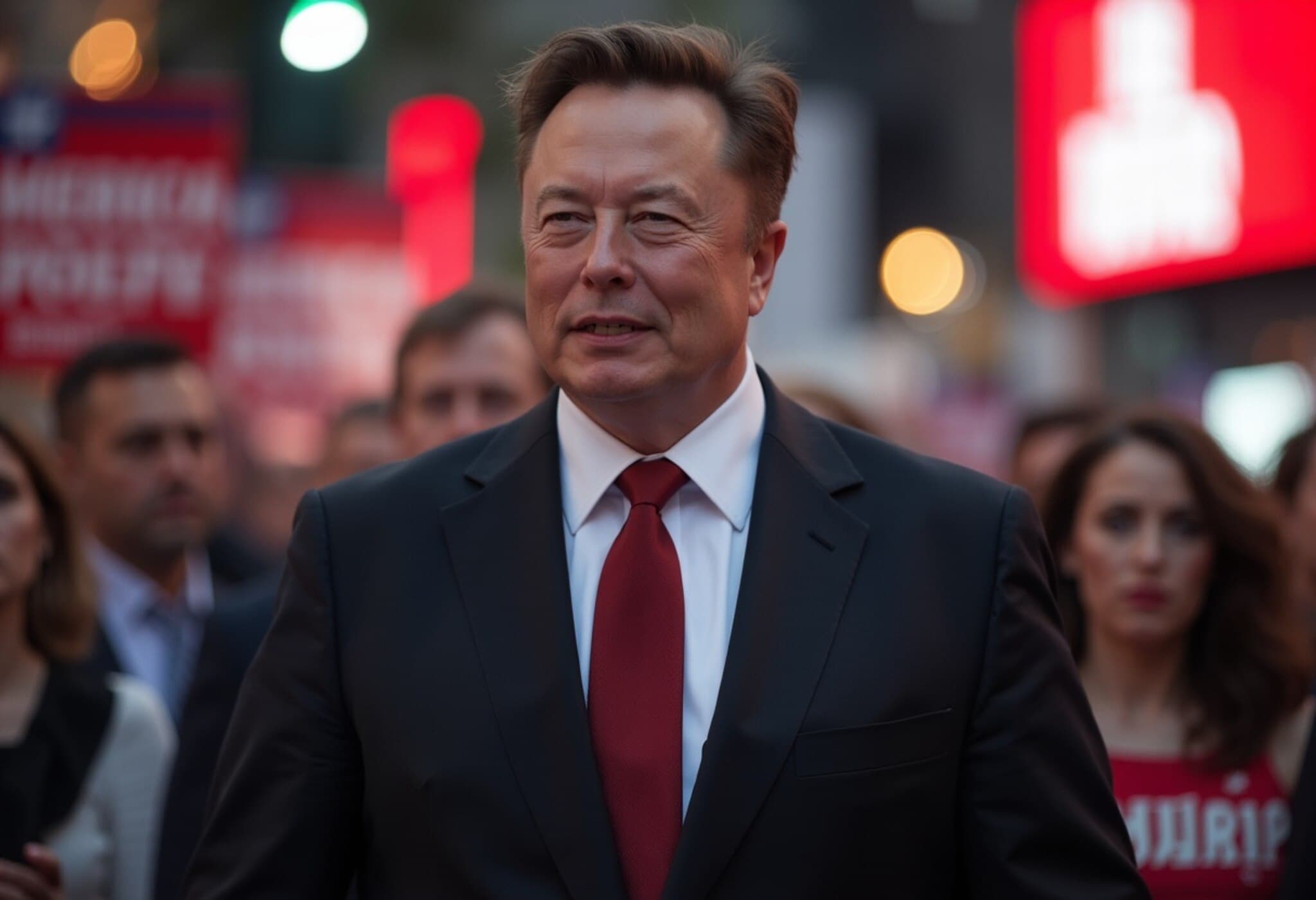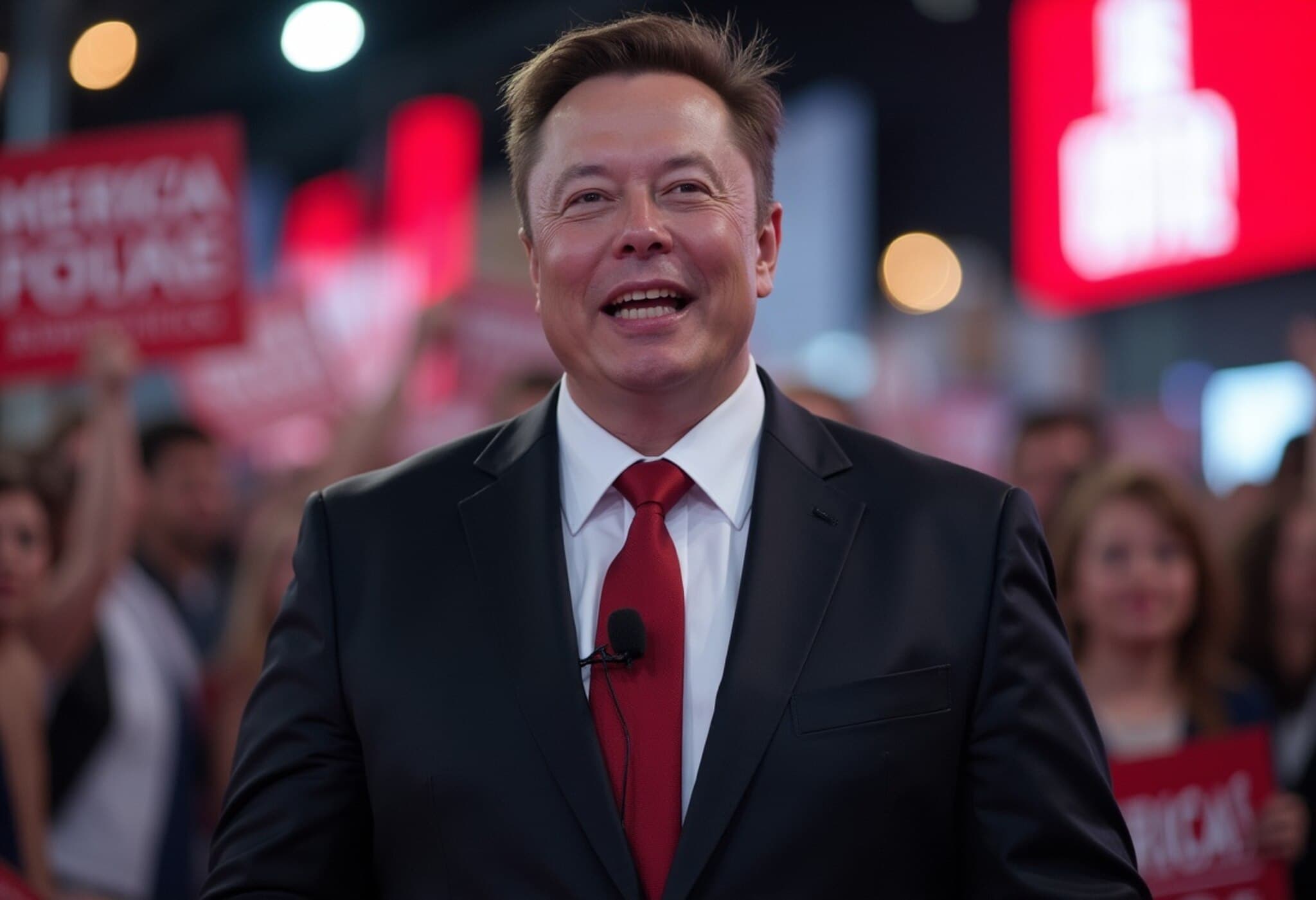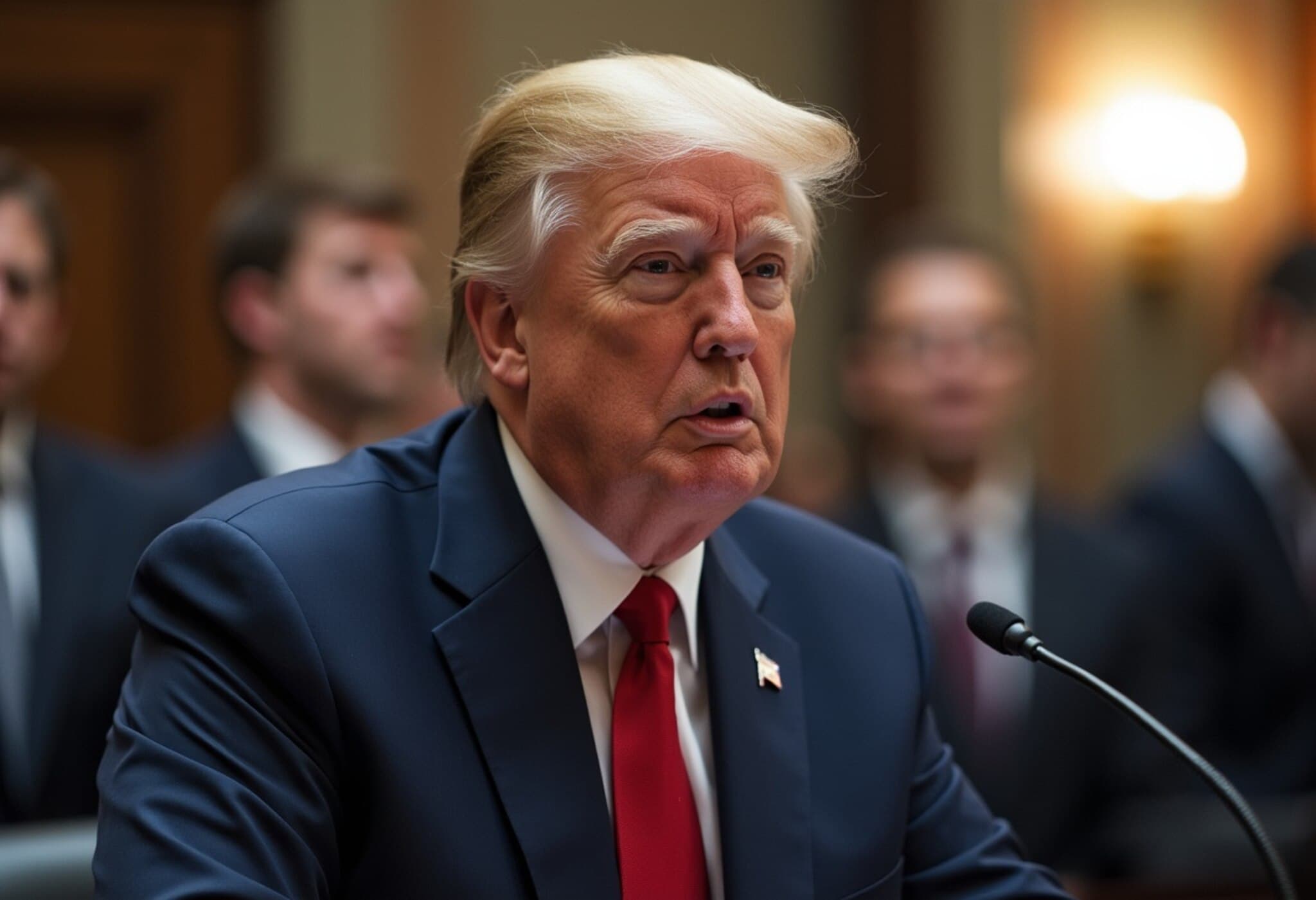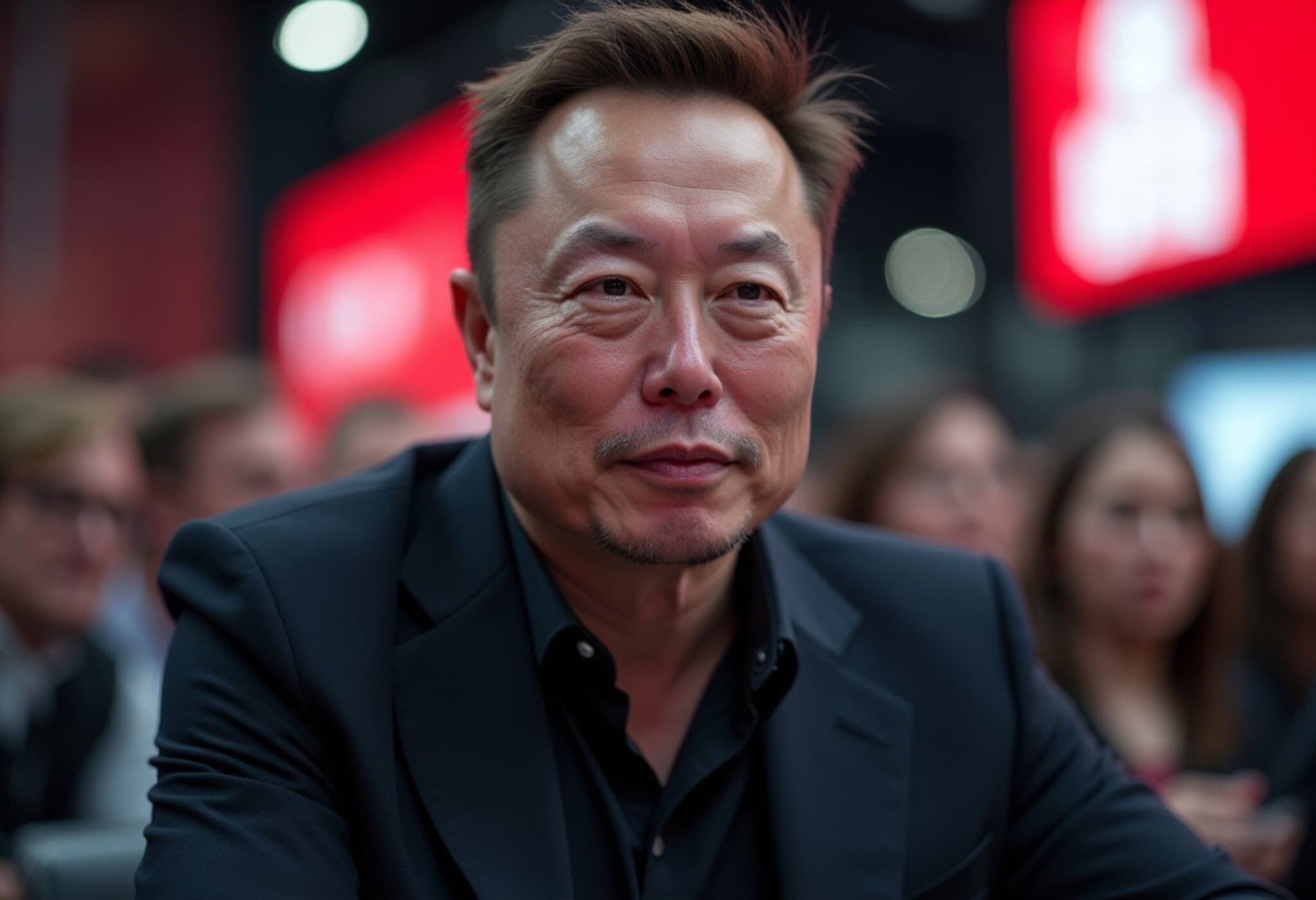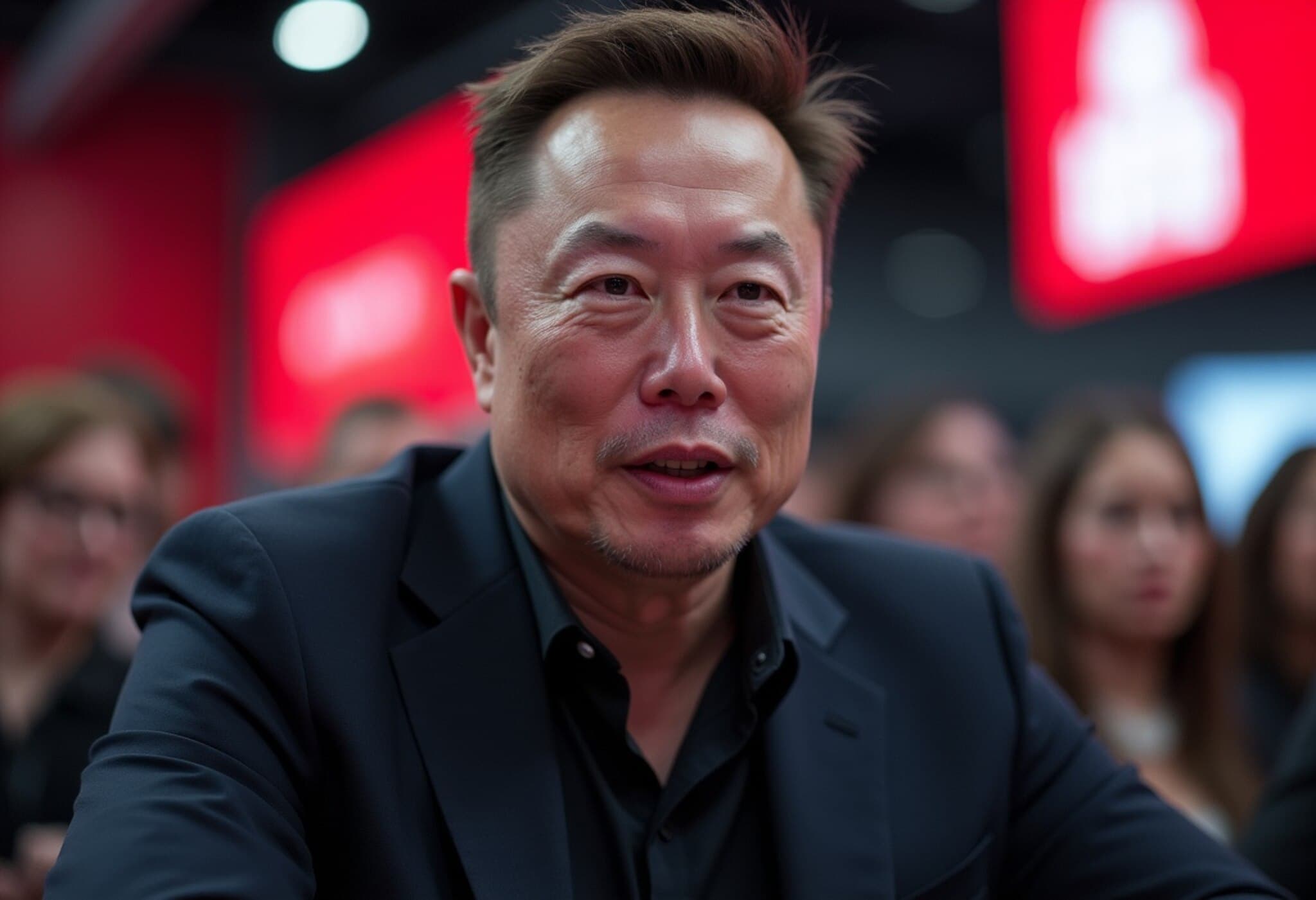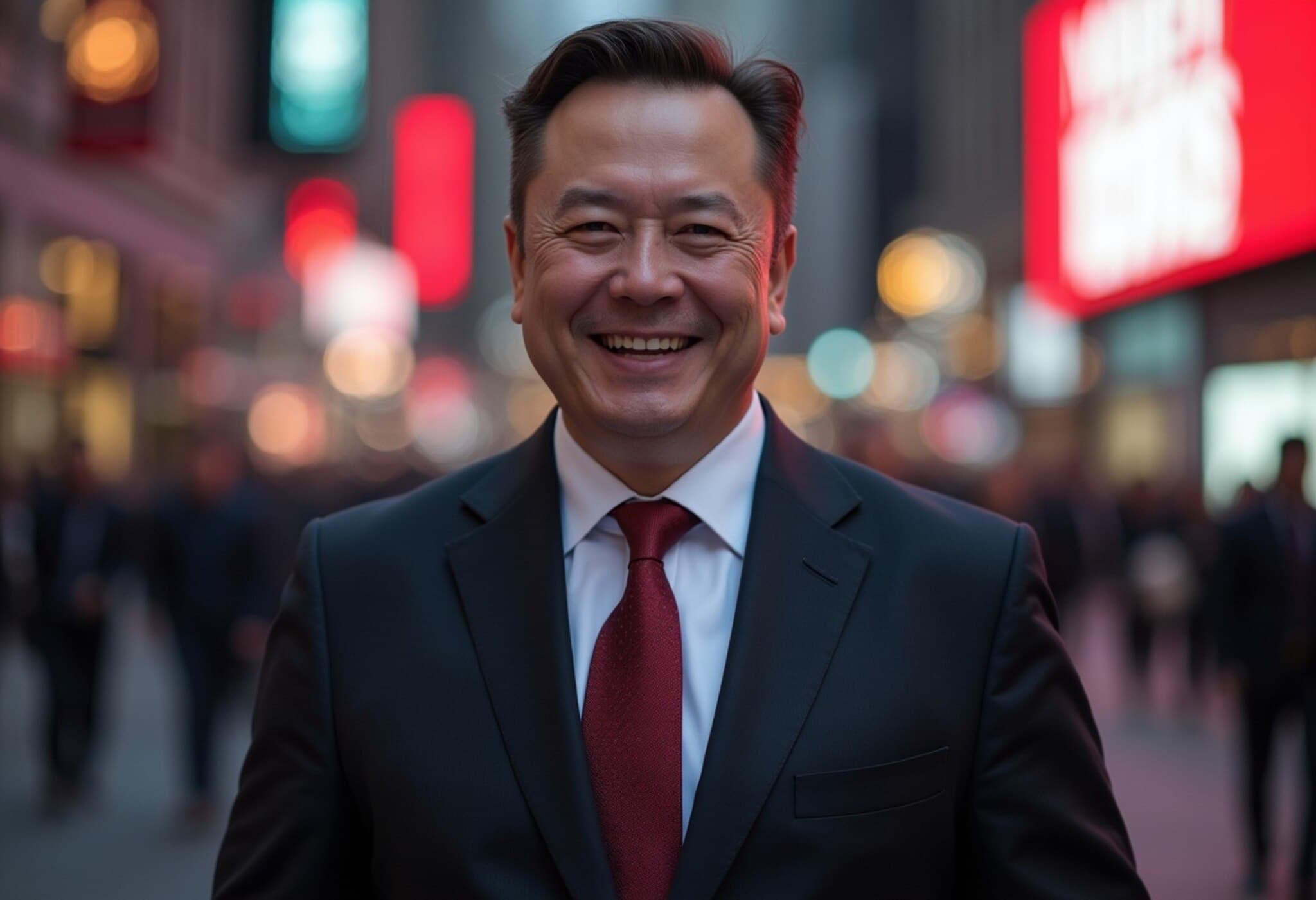Elon Musk's Bold Political Move: Starting the 'American Party'
In a move that caught many by surprise, Elon Musk, the world's richest individual and CEO of Tesla and SpaceX, announced the creation of a new political party named the "American Party". This announcement came during the United States’ recent Independence Day weekend, symbolically underlining a declaration of political independence from the country's traditional bipartisan system.
Unlike most individuals who might channel a major life change into personal hobbies or fitness, Musk chose to shake the status quo by plunging into the complex and often fractious arena of American politics. His party aims to focus on capturing a modest yet targeted portion of the legislative seats — about two or three Senate seats and eight to ten House districts — signaling a strategic rather than sweeping campaign approach.
Aiming for Direct Democracy and Legislative Reform
Musk’s foray into politics was not whimsical; it followed a public poll on his social media platform X (formerly Twitter), where 65.4% of respondents favored the party's formation. This demonstrates an emerging trend of harnessing digital platforms for direct democratic engagement, bypassing traditional gatekeepers of political change.
The new party promises to challenge the entrenched bipartisan gridlock in Washington, advocating for legislative discussions that might unsettle the well-established Democratic and Republican parties. However, bridging the deeply entrenched partisan divides may prove more daunting than Musk's ambitious plan to colonize Mars.
Global and Domestic Economic Developments to Watch
Tariffs Set to Take Effect August 1
In parallel with Musk’s political announcement, former President Donald Trump publicly confirmed that a new round of tariffs is scheduled to begin on August 1. These tariffs, delayed by a month, will particularly target 12 countries with which the U.S. lacks trade deals. Letters regarding these measures have already been dispatched, stoking uncertainty in international trade relations.
Market Reactions and Investor Sentiment
Following these developments, U.S. stock futures saw a slight decline on Sunday, reflecting cautious investor sentiment. Despite the White House message pushing back on the immediate return of reciprocal tariffs, market jitters remain. Meanwhile, Europe's equity markets have shown resilience, with the Stoxx 600 index climbing 6.6% year-to-date. Yet, Wall Street analysts warn that this upward momentum may be fragile amid ongoing geopolitical and economic uncertainties.
OPEC+ and Oil Production Increase
On the energy front, eight members of the OPEC+ alliance agreed to a modest hike in oil output, exceeding expectations by approximately 100,000 barrels per day. This action reflects shifting dynamics in global energy supply, with implications for inflation and economic policy worldwide.
The Changing Mindset of Leadership Amid Turbulence
Beyond politics and markets, an important narrative is emerging around the evolving role of CEOs in today’s volatile environment. McLaren Racing CEO Zak Brown recently shared insights on navigating a landscape marked by rapid technological shifts, geopolitical shocks, and evolving consumer behaviors. His leadership philosophy emphasizes urgency, momentum, and the willingness to learn from failure — a paradigm shift away from the traditional win-at-all-cost mindset.
This shift resonates deeply within the broader context of economic and political uncertainty, highlighting the importance of agility and resilience both in the corporate world and public service.
Implications and Questions Ahead
- Can Elon Musk's ‘American Party’ gain meaningful traction in a deeply polarized political environment?
- How will increased tariffs and OPEC+ decisions shape economic forecasts and international relations?
- What lessons can political and business leaders learn from today’s call for adaptive leadership?
Editor’s Note
Elon Musk's leap into partisan politics is a stark reflection of broader frustrations with the U.S.'s entrenched two-party system and growing political disengagement. Whether this new party can transcend novelty to become a vehicle for substantial democratic reform remains to be seen. Meanwhile, global economic shifts—tariffs, oil production, and market responses—underscore the tightrope walk leaders and investors face amid instability. Observers should watch how innovation in political engagement and leadership approaches evolve as the world navigates these unpredictable times.

